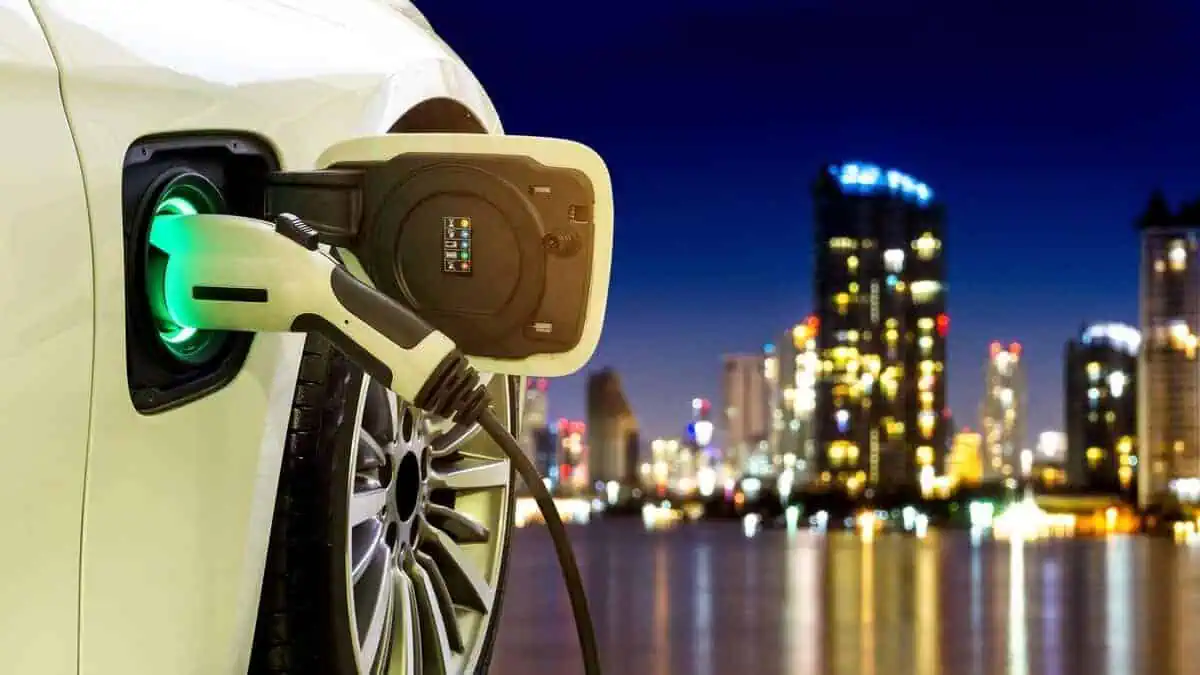Electric vehicle ownership decreases your maintenance costs and saves money from congestion charges. Apart from that, you can also cut costs through solar technologies.
EVs only have 13,000 moving parts compared to the 33,000 in traditional cars, per CBS News. They also have regenerative braking systems, making them less prone to brake wear. Therefore, EVs require less maintenance than internal combustion engine cars.
Furthermore, congestion and Ultra Low Emission Zone (ULEZ) fees do not apply to all-electric and hydrogen fuel cell vehicles. EVs also qualify for London’s cleaner vehicle discount as they do not emit any exhaust emissions. You will thereby be saving money and helping the environment.
Apart from these, you can also save money by installing solar panels on your house. It will allow you to charge your EV free of charge.
However, a solar system is just optional as there are already an increasing number of public EV chargers.
The question is how much it would cost. For comparison, the average cost of petrol and diesel is more than £1.63 per liter. On the other hand, the average electricity cost is 34p/kWh2. As for the public chargers, they vary depending on the speed.
For instance, a 50kW charger would cost about £233 to fully charge a Nissan Ariya Evolve 87kWh Auto in one hour.

Below are the public charging speeds provided by E.ON:
| Public charging speeds | Power |
| Ultra-fast or Ultra-rapid | 100kW+ |
| Rapid | 50kW |
| Fast | 7kW to 22kW |
| Slow | 3kW |
EVs vs. Petrol – comparing costs
EVs cost £12.00 for every 100 miles driven, while petrol-powered cars cost £18.00, E.ON stated.
Apart from that, battery electric vehicle owners are exempted from road tax. Meanwhile, plug-in hybrids pay substantially less than ICE vehicles.
The growing demand has also boosted the re-sale demand for EVs. The UK reported ultra-low emission vehicle registrations of 83,000 units from July to September 2021.
Furthermore, the government has also offered incentives to urge more customers to switch to EVs. There were apparently grants to build home chargers and company car tax relief.
See Also:
- Electric cars and ‘Fringe Benefits Tax’ exemption: Everything you need to know
- Are EVs better for the environment?
- Should I care about EV options, while deciding my next car?
- Does it make financial sense to purchase an EV, instead of a gas-powered vehicle?
- Differences between AC and DC Charging?
All that said, EVs are indeed more beneficial economically and environmentally than traditional cars. They also provide the latest technology, such as the advanced driving assistance system (ADAS) and over-the-air (OTA) updates.






